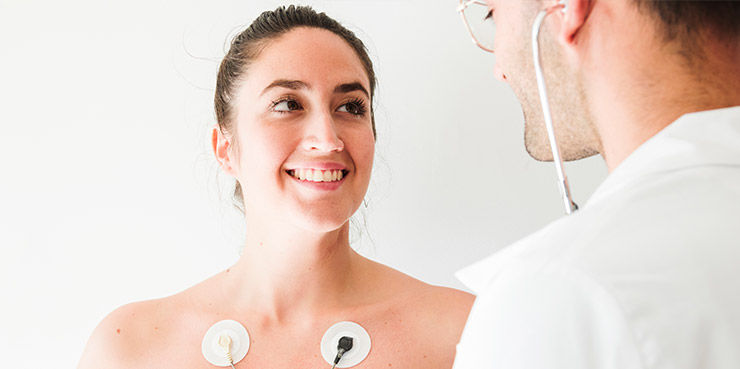The biotechnological challenge of the national pharmaceutical industry has already begun
- Inovatie Serviços em Saúde

- Feb 9, 2021
- 3 min read
Updated: Jun 25, 2021

Biological products are the fastest growing class of medicines in the national pharmaceutical market in recent years. Most of these products are highly complex medications, and after registration in the country and incorporation by CONITEC, they are distributed in the Exceptional Dispensing Medicines Program, or better known as High Cost. Ministry of Health spending on these products grew 53% between 2010 and 2016 - expenses grew from R $ 3.24 billion in 2010 to R $ 6.69 billion in 2016.
Although the RDC 55 for biosimilars is from 2010, few national biosimilar medicines developed through comparability have reached the market since the publication of the standard. It is worth remembering that a large part of the investment of national pharmaceutical companies was concentrated in Productive Development Partnerships (PDPs), with the transfer of technology from strategic biological products in partnership with public laboratories, and until October 2018, 40 PDPs were in force (70% of these involving pharmaceutical companies). Some biosimilars prior to RDC 55 have also invested in the necessary regulatory adjustments to renew their registrations.
In the European Union, on the other hand, the evolution of biosimilars in the last decade has made great progress, such as the growing access of patients to high value-added products associated with containment of government spending, due to the competition instituted with the arrival of biosimilars on the market.
There is no doubt that the main challenge of the national industry in recent years has been the biotechnological evolution, a transformation that has been associated with the cultural change of investment in products of greater pharmacotechnical and analytical complexity, in addition to investment in clinical studies that go beyond the usual bioequivalence required for generic drugs. Some national pharmaceutical companies that have been very successful in the past have resisted this change and continue to lose product registrations that were once bestsellers, in addition to space in the market.
The incorporation by ANVISA in the last years of the Clinical Drug Development Dossier (DDCM), a robust document that brings complete information on the active and development of the finished product, in addition to non-clinical information and mandatory description of the planned clinical program for the pharmaceutical product in development, brought great difficulty to the national industry. In essence, not by adding requirements, since these are already mandatory at the time of product registration, but especially for biosimilar products, due to the thorough evaluation of the comparability analytical exercise before authorization to perform the proposed clinical studies.
Regarding the clinical stage of the development of biosimilar medicines, the regulatory standard differs from generics in that it includes a phase III study after the initial pharmacokinetic / pharmacodynamic study in healthy volunteers. The phase III study for biosimilars must be of non-inferiority, comparing the test drug to the biological one indicated by ANVISA, with evaluation of efficacy and safety in the disease of greatest sensitivity for the product - in addition to the generation of immunogenicity data. In our experience, the barrier in the country for the development of the clinical stage of biosimilars has been more financial than technical, since there is expertise to carry out these studies in the country.
The last decade has been very favorable to the development of nationally-owned pharmaceutical industries, but only companies that in the coming years will be able to evolve in the development of biotechnological and innovative medicines will be victorious.



Comments